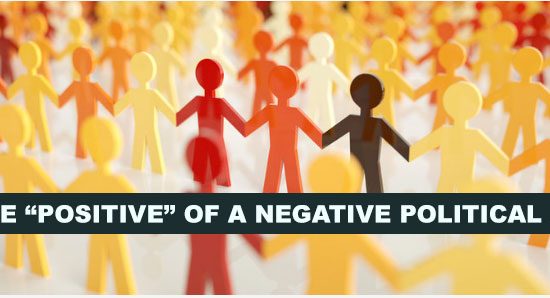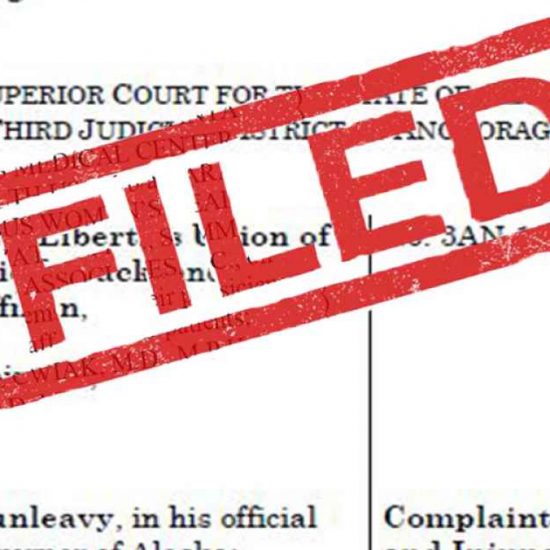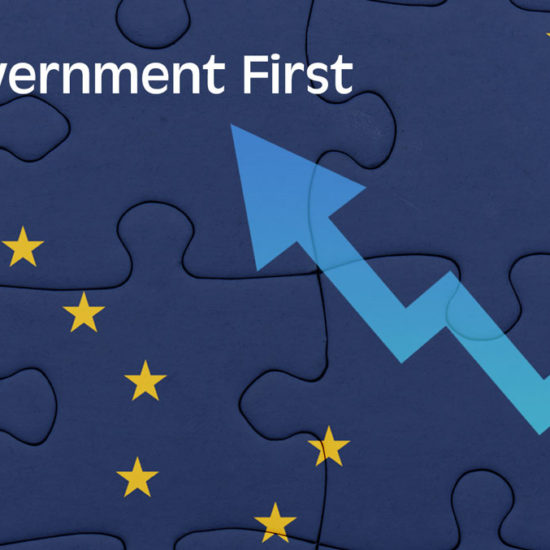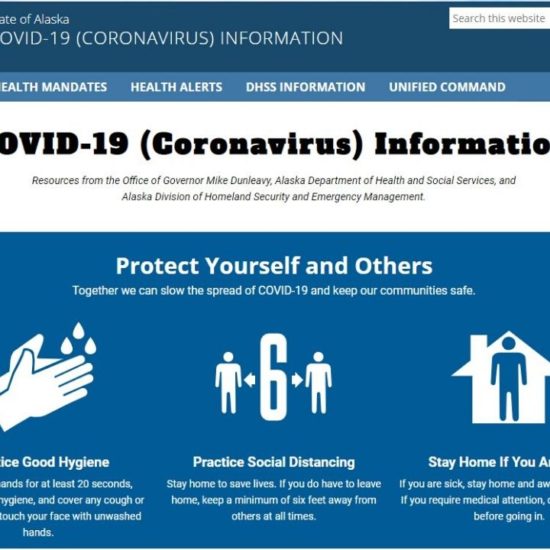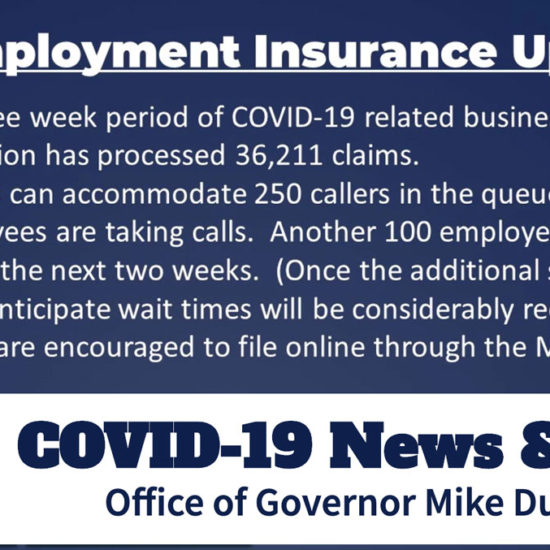
Charitable gaming will be irreparably damaged, and the voters won’t even have a say in the policies.
Sometimes a quick-fix by our government sounds good, particularly when it comes to money and generating fast dollars. Typically, the less effort and resources needed by our government to resolve financial woes, the more appealing to the taxpayer and citizenry.
My hunch is, that’s how Governor Dunleavy envisions his latest proposal to generate revenue for Alaska.
The Governor is betting on statewide gambling, from video machines to internet poker and sports betting, to reduce our state’s ballooning deficit. That’s what Senate Bill 188 is all about.
The reality is that gambling isn’t a panacea for fiscal irresponsibility.
I’m opposed to SB 188 and measures to expand gambling for numerous reasons I’ll delineate. But first, why my opinion might matter based on occupational perspective and experience.
For over 50 years I’ve worked in, managed for, advocated on behalf of, and owned businesses within the hospitality industry. From lodges and bars, to restaurants, national chains and retail stores, I’ve suffered and succeeded through economic good times and bad. As a former president of Alaska Cabaret, Hotel, Restaurant & Retailers Association (CHARR), and founder and first president of the Board of Directors for Anchorage CHARR, for decades I’ve been active in federal, state and local governance, representing Alaska’s second-largest trade (after the natural resource development sector).
If you review data and spreadsheets, it’s clear that in most communities throughout the nation, the initial deployment of video gambling, keno machines, lottery systems and casinos can generate a burst of revenue for cities, counties, and state coffers. At first this probably feels good to bureaucrats as law enforcement agencies receive new radios, street lights are upgraded, and a new park or two are built with gambling taxes from betting losses. Lawmakers can take credit for new infrastructure, initial employment numbers go up, and with the hope of a payday and fancy new video terminals splattered across a community, perhaps an illusory since of prosperity appears.
But the gambling industry’s momentum seldom stops there, and with the floodgates open, suddenly the mega-casino and electronic gaming corporate interests seize the moment and become a juggernaut…proliferating like the Coronavirus. And residents pay the price.
In Alaska, we have a reputable, nationally acclaimed system of legalized, charitable gaming. If you see small pull-tab vendors, or a neighborhood bingo facility, you’re observing the state’s charitable gaming community. A large portion of these millions of dollars of proceeds goes to Alaskan charities that critically depend on annual dollars to operate their services. The non-profits that benefit from regulated and controlled recreational charitable gaming are the kinds that help seniors, veterans, abused adults and children, the disabled, law enforcement officers and the homeless, among many other Alaskans.
When I owned Anchorage’s Blue Central at the Chef’s Inn, I made sure we had pull-tab play so patrons could support charities and give back to our community. Many of my fellow bar owners did and do the same today. More than $35 million annually in past years has gone to Alaskan charities, which ultimately saved lives, helping and healing. It’s meaningful and the calculus is logical: legalizing a system of recreation and charity that also funds local and state government and is regulated assiduously. Everyone wins, in a sense.
Conversely, a new state lottery commission (per the Governor’s SB 188) not only means more government, but also the new authority to approve internet gambling, keno, sports betting, and video lottery terminals (i.e. slot machines). This will neither help communities nor reduce crime and drug/alcohol addiction. Charitable gaming will be irreparably damaged, and the voters won’t even have a say in the policies.
A quick scan of other states’ responses to, and problems with expanded gambling attempts,
is instructive.
Top story: Coronavirus in N.Y.: Cuomo Attacks C.D.C. Over Delays in Testing https://t.co/kzT7uVZH6R, see more https://t.co/oCGDEdFhlm
— APE Online (@AKPoliticalBeat) March 9, 2020
First and foremost, kudos to Maine’s Governor Janet Mills who vetoed an effort to legalize sports betting in February (2020), and to the Republican state legislators who blocked an attempted override of her veto. Governor Mills wisely noted the state’s analysis “…needs to balance the desire to suppress gambling activities now being conducted illegally and the need to protect youthful gamblers and those least able to absorb losses under a closely regulated scheme.” [cited]
In January 2020, Oklahoma’s Governor Kevin Stitt, a Republican, asked a federal judge to order tribal casinos to stop offering electronic (slots) and table games until they pay higher fees and taxes – and audit influence peddling and graft, which has tribes across the Plains enraged. The devil is in the details, as Governor Stitt alludes to the proliferation of casinos and gambling in a state that’s low-rated in many categories (like education) yet within 15 years tribal gaming went from non-existent to 130 casinos. And crime is rising as fast as casinos are being built. Oklahoma was higher than the nation statistically in murder, rape, aggravated assault and property crime. The conflagration of new gambling venues didn’t enhance public safety in the Sooner State, it likely exacerbated crime. [cited]
In a ProPublica article from January 2020 (“How Illinois Bet on Video Gambling and Lost”), the plunder of exponential video gambling is highlighted.
“The machines, which legislators said would generate billions of dollars in revenue
for the cash-strapped state, are spread out over 6,800 establishments…”
“Illinois now has more locations to legally place a bet than Nevada.
In their March 6th, 2020 article, Jason Grotto and Logan Jaffe of ProPublica overviewed the states of Georgia, Indiana, Missouri, Mississippi and Pennsylvania, all of whom may face the arrival of Accel Entertainment, a company that “took advantage of shortcomings and underfunding in Illinois’ regulatory structure to become the largest video gambling operator in the state — and now, in the nation.”
Grotto and Jaffe may be harbingers of what’s to come in states like Alaska, if video gambling is unleashed by Governor Dunleavy.
“We’ve reported on how video gambling has not quite worked out as promised: Not only did the state not make as much money from video gambling as it projected, only a fraction of video gambling profits go back to cities and towns — while gambling companies, as well as the politicians they, benefit. Additionally, we’ve shown how Illinois residents who gamble have lost more than $5 billion of their own money since the machines went live in 2012, sometimes sending individuals and families into spirals from gambling addiction. Though state funding to assess and treat gambling addiction often failed to meet the need, Illinois is now allocating more money.” [cited]
Here in Alaska, if you scan the Alaska Public Offices Commission (APOC) lobbyist reports online you’ll see national casino and gaming device interests are already sniffing around for gambling legalization opportunities. It’s big business and big money, and for them, profits are the name of the game. Companies like Grover Gaming paying $75,000 to lobby Governor Dunleavy and Alaskan legislators, [cited]. and Alaska Gaming, an LLC registered in Nevada, also shelling out $75,000 for lobbying support, are not arbitrary occurrences.
Companies like Grover Gaming paying $75,000 to lobby
Governor Dunleavy and Alaskan legislators
Also, don’t count out local Alaskan operators who see dollar signs from new gambling laws. Undoubtedly, Governor Dunleavy added gambling expansion language into Senate Bill 188 based on behind-the-scenes advocacy and recommendations.
If you go to a city like Portland, Oregon, you’ll find video lottery terminals across the fruited urban center, and bar owners are the benefactors as much as the electronic gaming companies. To that end, I could see some full dispensary licensees eager to get video gambling set up in their establishments here in Alaska. Revenue, license value increases, more patronage for alcohol sales… It’s seductive. But at what cost to community, culture and public safety?
Finally, beyond the potential for addiction, increase in crime, loss of charitable gaming proceeds, and the pervasiveness of corporate exploitation, there’s also the underlying reality that Alaska is one of the remaining hold-outs from national gambling expansion, online legalization, video slots and casinos – and for good reason. This really is the “Last Frontier.” Sure, we have a small amount of regulated charitable gaming, but Alaska isn’t a destination for gambling, nor should it be if the rationale is betting and gaming will solve our fiscal problems.
From our faith-based organizations to first responders and social welfare non-profits, life and progress are challenging enough for Alaskans serving Alaskans. Throwing the proverbial gambling dice into our Alaska’s fiscal equation is bad luck, and will cause more harm than good.
Alaska doesn’t need online gambling, sports betting, video lottery terminals or the slippery-slope gaming advances, conceivably legalized through SB 188, that have tangibly harmed other states. We have a deficit that has long needed to be resolved, while oil prices are tanking in the face of COVID-19, and sectors like tourism and building trades are feeling the pressure.
A slot machine is not the solution.
Governor Dunleavy, please withdraw Senate Bill 188. Let’s solve Alaska’s fiscal crisis with credible solutions, not visions of short-term jackpots at the expense of your constituents.

Frank Dahl is a 50+ year restauranteur and hospitality industry member who has served as President of both Alaska CHARR and Anchorage CHARR, received an Alaska State Legislature citation for exemplary service in his industry, and is a Paul Harris Fellow in Rotary International.







